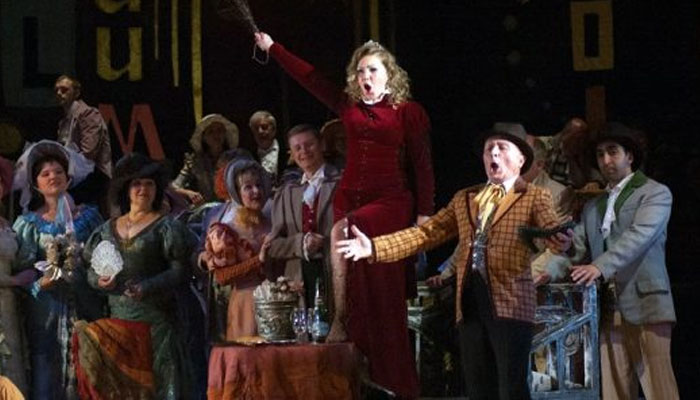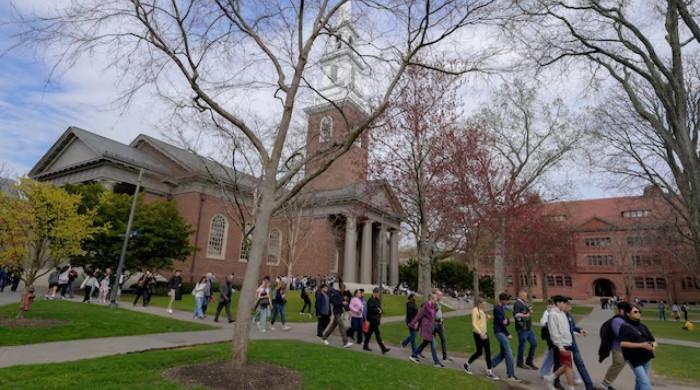Why was Italian opera singing awarded Unesco's cultural heritage status?
Announcement marks inclusion of Italian opera alongside other renowned Italian practices like pizza-making and Alpine peak scaling
December 07, 2023

Unesco, the United Nations' cultural agency, has bestowed cultural heritage status upon Italian opera singing, acknowledging the four-century-old art form as part of the Intangible Cultural Heritage.
The announcement marks the inclusion of Italian opera alongside other renowned Italian practices like pizza-making and Alpine peak scaling.
Italian opera's origins trace back to the late 1500s and early 1600s in Florence, flourishing at the Medici family's court. Characterised by intricate plots, elaborate staging, and virtuoso singing, it has become a symbol of world excellence.
Italy's Culture Minister Gennaro Sangiuliano celebrated the decision, stating, "This is an official confirmation of what we already knew: opera singing is a world excellence."
Unesco described Italian opera singing as a "physiologically controlled way of singing" that enhances vocal power in acoustic spaces like amphitheatres and churches.
The art promotes collective cohesion, and sociocultural memory, and serves as a means of free expression and intergenerational dialogue.
The acknowledgement comes on the eve of the 2023-24 season's traditional inauguration at the La Scala opera house, a significant moment in the world of opera. Claudio Monteverdi, a 16th- and 17th-century Italian composer, is credited as the first great composer of opera.
Italy boasts around 60 opera houses, a global record, with opera singers like Luciano Pavarotti achieving major star status. Italian soprano Carmela Remigio expressed the emotional significance of opera entering humanity's heritage, stating, "The song fades as you listen to it, but it touches you deeply."
Unesco, at a meeting in Botswana focusing on safeguarding cultural heritage, also recognised various customs and traditions worldwide. These include Peruvian ceviche, Bangladeshi rickshaw painting, Uzbek ceramic crafts, and loincloth weaving in Ivory Coast, among others.
The Peruvian government expressed joy at ceviche's inclusion, recognising the people involved in its creation, from artisanal fishermen to farmers and chefs.











